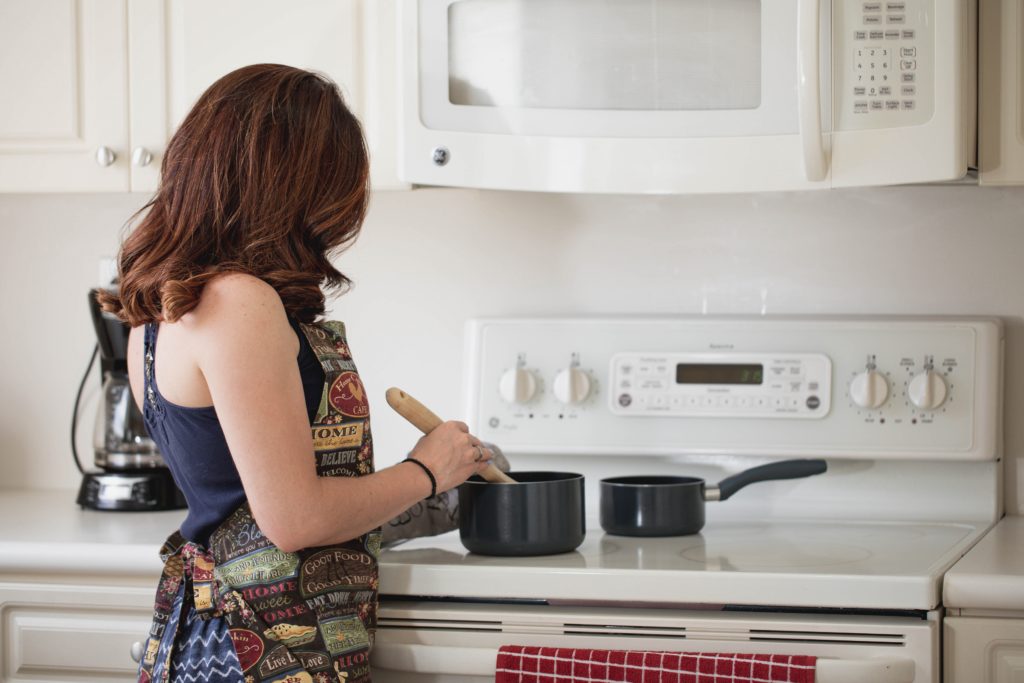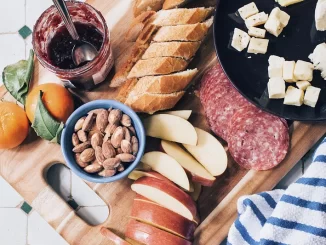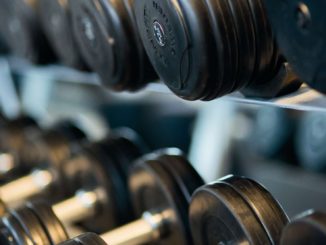
By Jonathan Elkins
When I first came to college, I was pretty much clueless when it came to cooking for myself. I didn’t understand anything more than how to make frozen pizza and peanut butter and jelly sandwiches. I started watching tutorials on YouTube, and eventually striking out on my own. My first few attempts ended miserably. I had no idea how much oil to use and ended up absolutely drowning my first attempt at cooking chicken. It was as close to deep-frying as you can get in a pan that shallow.
There are a few tips and tricks that I have picked up in the years following that disaster, and I wish I would have known them back when I first started out:
Do not ever cut anything in a pan.
I have seen several of my past roommates do this and had no idea how common it is for people to do. Cutting in your pan will scratch it up and make it cook unevenly. At worst, it will scrape the non-stick coating off the pan and eventually make it useless. Cutting on a cutting board will make your cuts less jagged. It is also good practice to cut your food either before or after you cook it.
Invest in a good Chef’s knife.
I used to use dull steak knives or paring knives for a long time. Once I started cooking more often, I went out and bought a chef’s knife. This turned out to be a game-changer for me. Chef’s knives are very general use tools, and if they stay sharp, they can make short work of nearly any cutting task in the kitchen.
Don’t be afraid to use too much seasoning.
The one thing that I realized early on is that I would rather make food that was a bit too spicy than a bit too bland. That is a philosophy that I carry with me to this day. You don’t need to start out with a ridiculous amount of spices, but don’t be afraid to go a little above and beyond what the recipe calls for.
Practice makes perfect.
The best way to get better at something is practicing. All the pots, pans, and knives in the world won’t do you any good if you don’t ever actually cook anything.
While reading guides and recipes are a great way to inform yourself, the best way to get better at cooking is to actually go out and get into it. Failure is a fantastic teacher. The occasional disaster brings a ton of experience. Practicing will teach you very quickly what does and does not work. If a recipe looks interesting or fun, go for it. If you mess up, it only means that you know what not to do the next time. There are very few things that are worth getting good at that are easy. That give all the more reason to gain some experience. I would suggest you go out and simply do your best with what you have. You just might find that failure in the kitchen can still taste pretty great.



